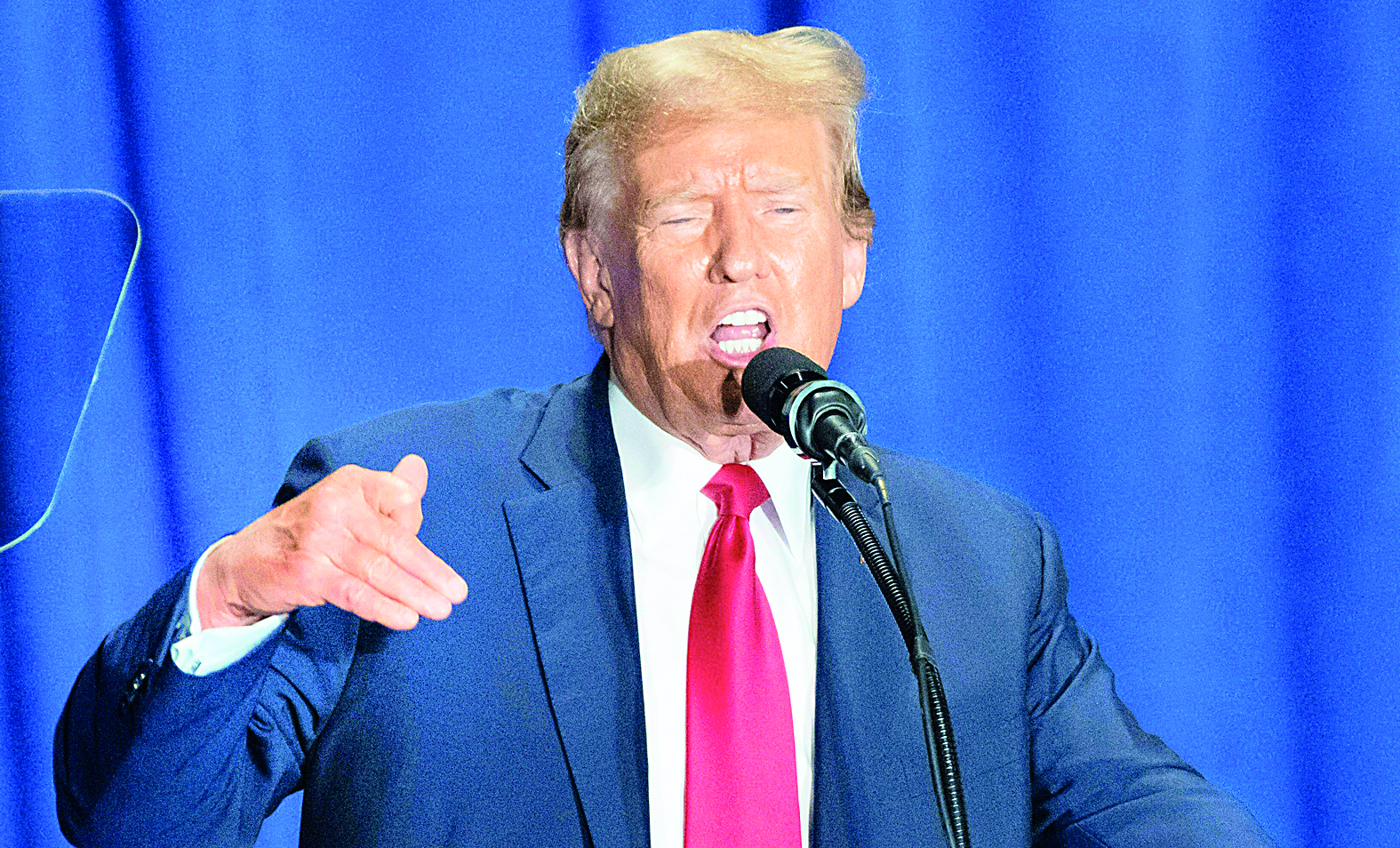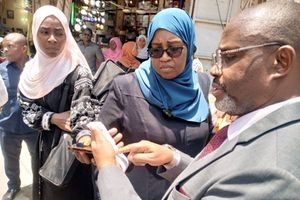Yanga communication manager’s arrest exposes a troubling trend in Tanzanian football

Yanga SC’s Communications Manager, Ally Kamwe. PHOTO | COURTESY
What you need to know:
- Football in Tanzania has long been intertwined with banter and jest, especially in the build-up to major matches.
The recent arrest of Yanga SC’s Communications Manager, Ally Kamwe, by police in Tabora over alleged offensive remarks directed at government leaders is deeply concerning.
It not only casts a shadow over Tanzanian football but also signals an alarming misuse of power.
Football in Tanzania has long been intertwined with banter and jest, especially in the build-up to major matches.
Fans and officials alike engage in lighthearted exchanges as part of the sport’s culture. However, Kamwe’s arrest marks a stark departure from this norm and raises questions about political interference in football.
Tabora Regional Police Commander, Mr Richard Abwao, confirmed that Kamwe was being held for making derogatory statements about government officials. Kamwe’s remarks, made in the heat of rallying support for Yanga ahead of their match against Tabora United, appear to be nothing more than the kind of playful taunting that is commonplace in football circles.
A video circulating on social media shows Kamwe saying, “Some people are just seeking attention… Who is this regional commissioner, Chacha, right? He will surely be in trouble after the match.” While such remarks might be provocative, they do not seem to warrant an arrest, especially when viewed in the broader context of Tanzania’s football culture.
Ironically, Kamwe’s remarks were in response to statements made by Tabora Regional Commissioner Paul Chacha himself. In a questionable move, Chacha had promised a Sh60 million bonus to Tabora United players if they defeated Yanga. He alleged that some people (he did not mention) were also attempting to bribe the team’s players.
Speaking to Tabora United players before the match, Chacha said, “There are those trying to deceive you, and I am aware of it. Some are even sending messages. Ignore them. Even if someone gives you money, don’t worry—take it, but do your job.”
Such remarks beg the question: Where did the Regional Commissioner obtain Sh60 million for match bonuses? If he had concrete evidence of bribery attempts, why did he not report them to the Prevention and Combating of Corruption Bureau (PCCB)? Instead of addressing these concerns, law enforcement choose to arrest Kamwe over harmless banter.
This heavy-handed response contrasts sharply with how Mwanza Regional Commissioner Said Mtanda handled a similar situation in November 2024. At the time, Mtanda was accused of favoring Mwanza’s Pamba Jiji FC over Simba SC. However, rather than resorting to coercion or arrests, he dismissed the allegations diplomatically, maintaining that all teams would receive fair treatment under his watch.
Mtanda’s response demonstrated leadership and an understanding of the nuances of football culture. In contrast, Chacha’s actions appear politically motivated, setting a dangerous precedent where government officials exploit their power to suppress voices they dislike.
Former Tanzanian President Jakaya Kikwete once wisely stated, “When you are in government leadership, every team concerns you. If you favor one side, you are an incompetent leader.” His words resonate today as we witness a growing trend of political figures meddling in sports.
Football should remain a unifying force, free from the entanglements of political agendas. The arrest of Kamwe is an unnecessary escalation that threatens the spirit of the game. If Tanzanian football is to thrive, leaders must respect its traditions and avoid using their positions to suppress dissenting voices.
Kamwe’s case should serve as a wake-up call. Tanzanian football does not need political interference; it needs fair play—on and off the pitch.
The writer is a sports writer.
The views expressed in this article are his own and do not reflect those of The Citizen or Mwananchi Communications Limited.




